Listener Question:
I know that it’s important to follow up with leads but I never know what to say. I don’t want to sound vague but then I feel pushy if ask if they are proceeding with the order. When I’m more vague and say that I’m following up and asking them if they have any questions, I feel like they have a bigger opening to ignore me. How do you word your follow-up emails? – Katya of @anelocalligraphy
Here’s the Deal: Silence Does Not Equal Rejection
The number one problem creatives have with following up? We think that silence = rejection. (Or maybe we just don’t want to be annoying!) In this episode, we’re shifting the mindset of creatives, so you can email with confidence and get. that. sale! We also share our own follow-up strategies, what to say and when to say to, and why just “showing up” can bring in extra dollars to your business.
Follow-up Stats that you Need to Know
Here are the stats you need to keep in mind when following up!
I received a lot of this information from Michelle Weinstein AKA The Pitch Queen when I heard her speak at QuickBooks Connect back in November 2019.
-
44% of people give up after ONE attempt
-
80% of people require 8-10 follow-ups to get the sale
-
Especially with qualified leads and clients, they might not say yes the first time
Reasons why you should NOT be scared to follow up:
-
If they say “no” it has nothing to do with you! There are a lot of reasons to say no.
-
You’ll increase trust by showing up again & again
-
Finding brand NEW leads costs your time & money. Nurture the ones you have.
-
Following up is easy & efficient if you have a system in place
-
Following up can make you a lot of money because you’re leaving money on the table when you don’t even bother (I, Elisabeth, got my first biggest client by following up a few times).
Three buckets of people you should be following up with:
-
Potential partners (gate openers and people who can refer you)
-
Prospects & potential clients (leads)
-
Current clients who are already sold. Be sure to check in with your current clients periodically, and Ask how things are going!
Action Step:
Block out 30 minutes each week to do some sort of follow-up in your business.
Follow-up Frequency
Now, you might be asking, “Should I limit the number of times I follow up?”
If you’re in a pinch for clients, you can follow the common follow-up rule of thumb: follow-up as many times as necessary to get a response.
HOWEVER, I personally think the maximum amount of follow-up emails you should send is 5-6. In my business, I almost always send about 3 follow-ups, so I would have to really want that client to send out that many.
Follow-up Timeline
Now, you might be asking, “How long should I wait to send that second follow-up email?
The key here is to avoid pestering them constantly. But, you also don’t want to wait way too long to follow up and allow them to completely forget about your email.
This timeline really depends on who your ideal client is. However, in general, your timeline might look something like this:
-
For the first 3 emails, you can email more frequently/leave less time between emails
-
For emails 4-7, you should opt to leave a longer span of time between.
Our Follow-up Philosophy
The attitude of a follow-up email should come from a place of helpfulness and/or checking-in, not an aggressive sales call.
I also feel like personalized follow-ups are more effective. For example, you could say something like, I know you mentioned you were skiing last weekend, hope your trip was great!
Another benefit to sending personalized follow-ups is that you have the chance to address their specific pain points.
HOT TIP
You can offer an incentive in one of your follow-ups to get the ball rolling. You could say something like, “If you book this week, I can take $100 off your order/upgrade you to doublethick paper on the house/add on free envelope addressing” It’s good to hold your customers by the hand and lead them down your booking path! It’s not salesly; it’s a good strategy.
The Bottom Line with Follow-ups:
Your objective should always be to receive a yes or a no response and hopefully avoid the maybes! Obviously, receiving a YES is great, but Recieving a no isn’t the worst thing that could happen — It can actually be nice to receive that closure so that we can pour our energy into the next prospect.
Did you like this post? If so, you’ll LOVE the podcast episode. Listen in on your favorite podcast platform!
As you’re listening, take a screenshot for your story and tag us on Instagram @bizbirthdaybash.
And before you go— Grab your FREE Training: 4 Essentials You Need to Turn Your Biz into a Profit Party: https://bizbirthdaybash.com/free-training

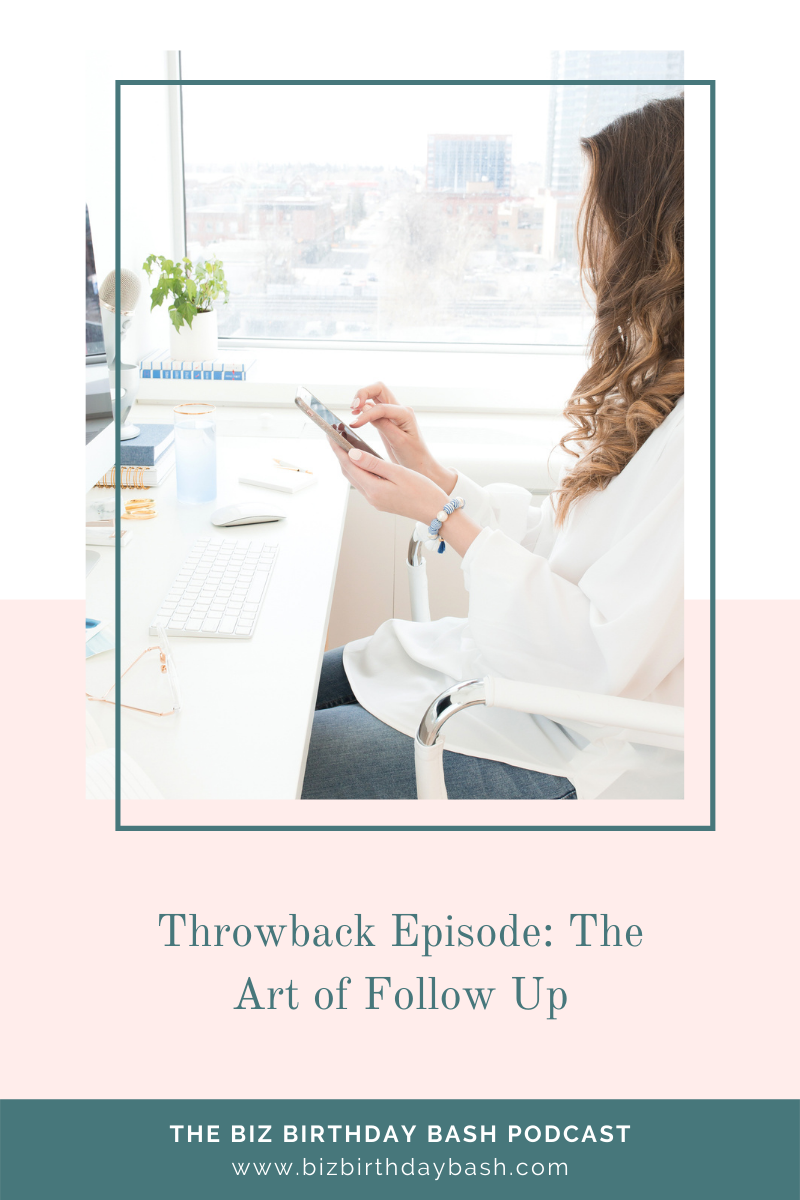
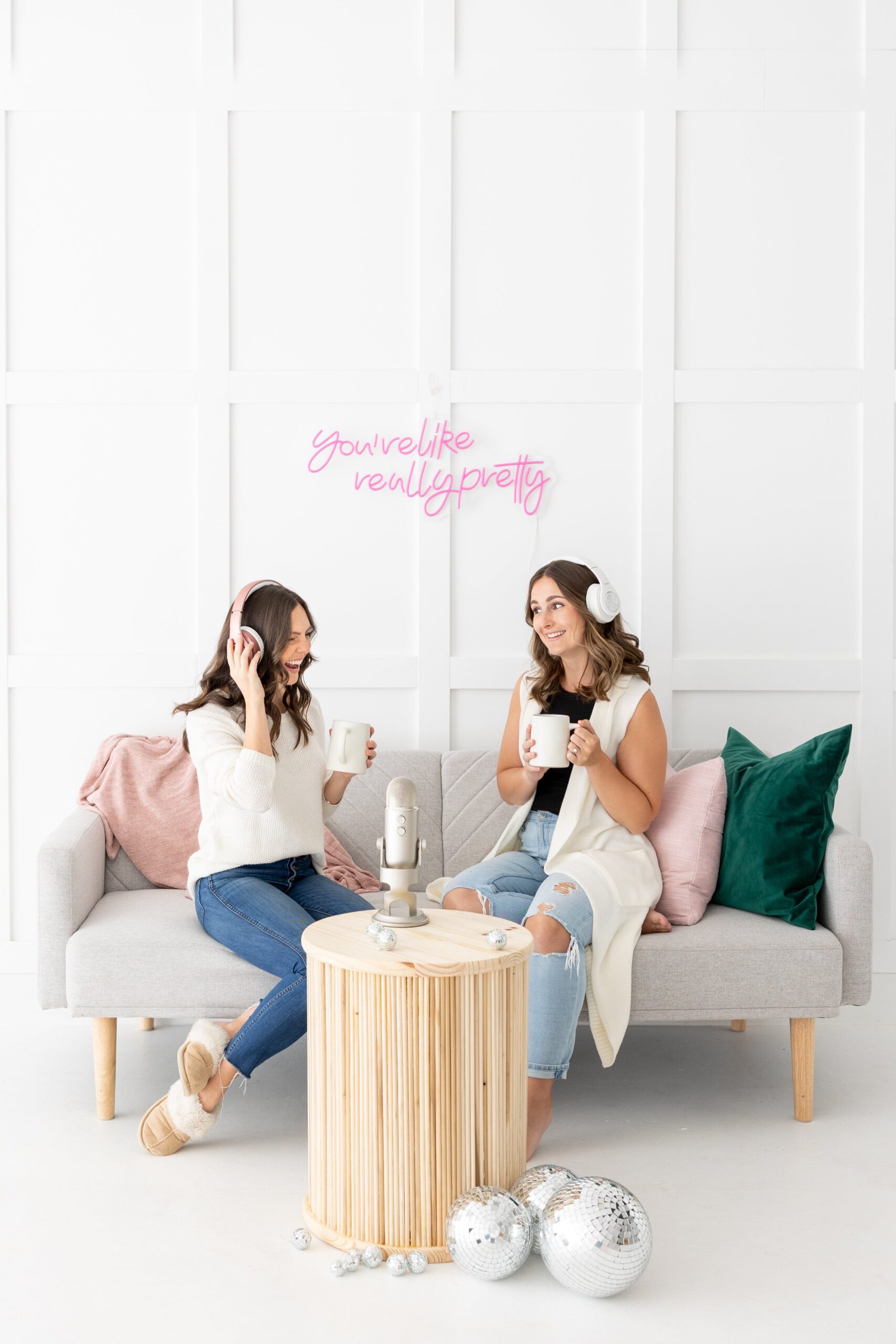
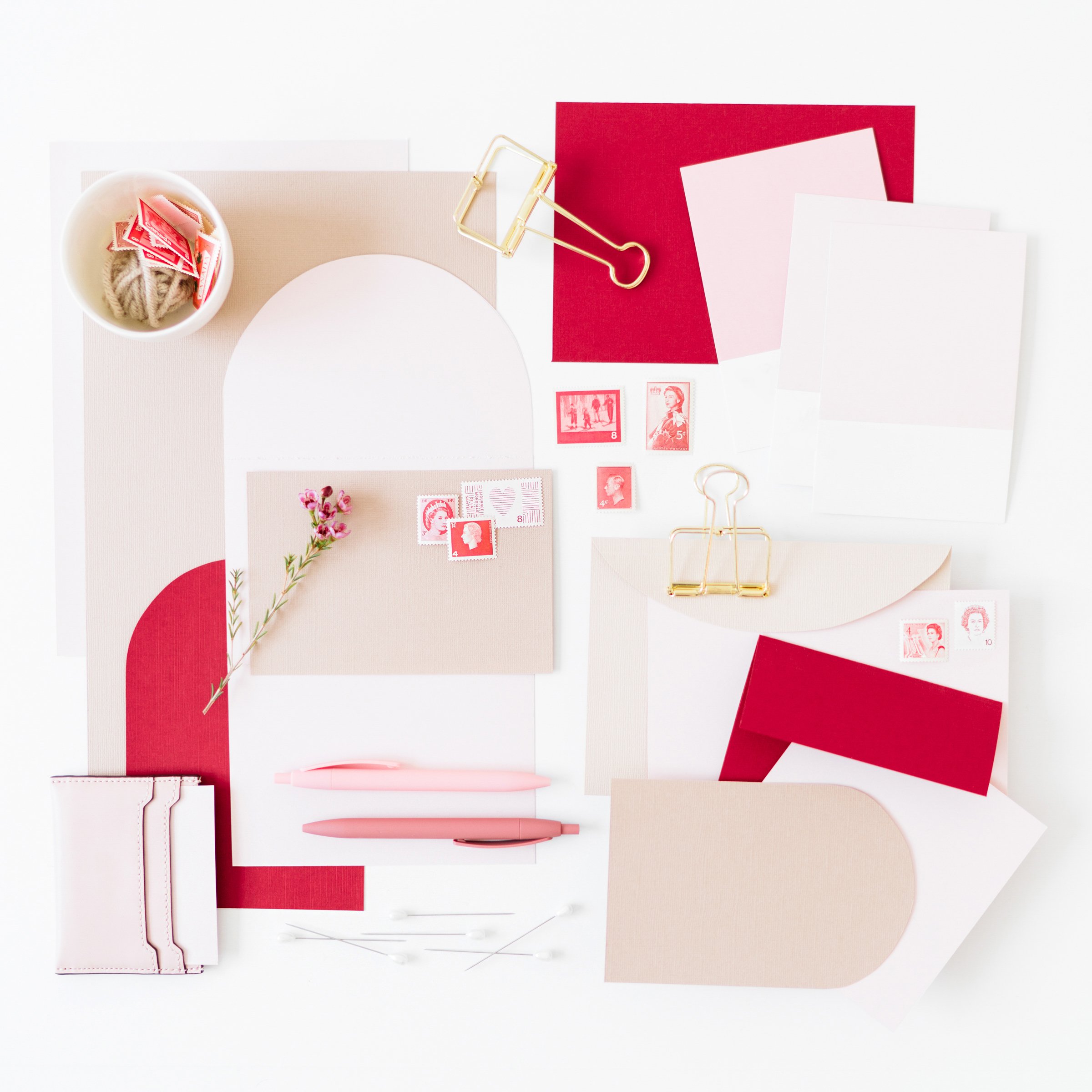
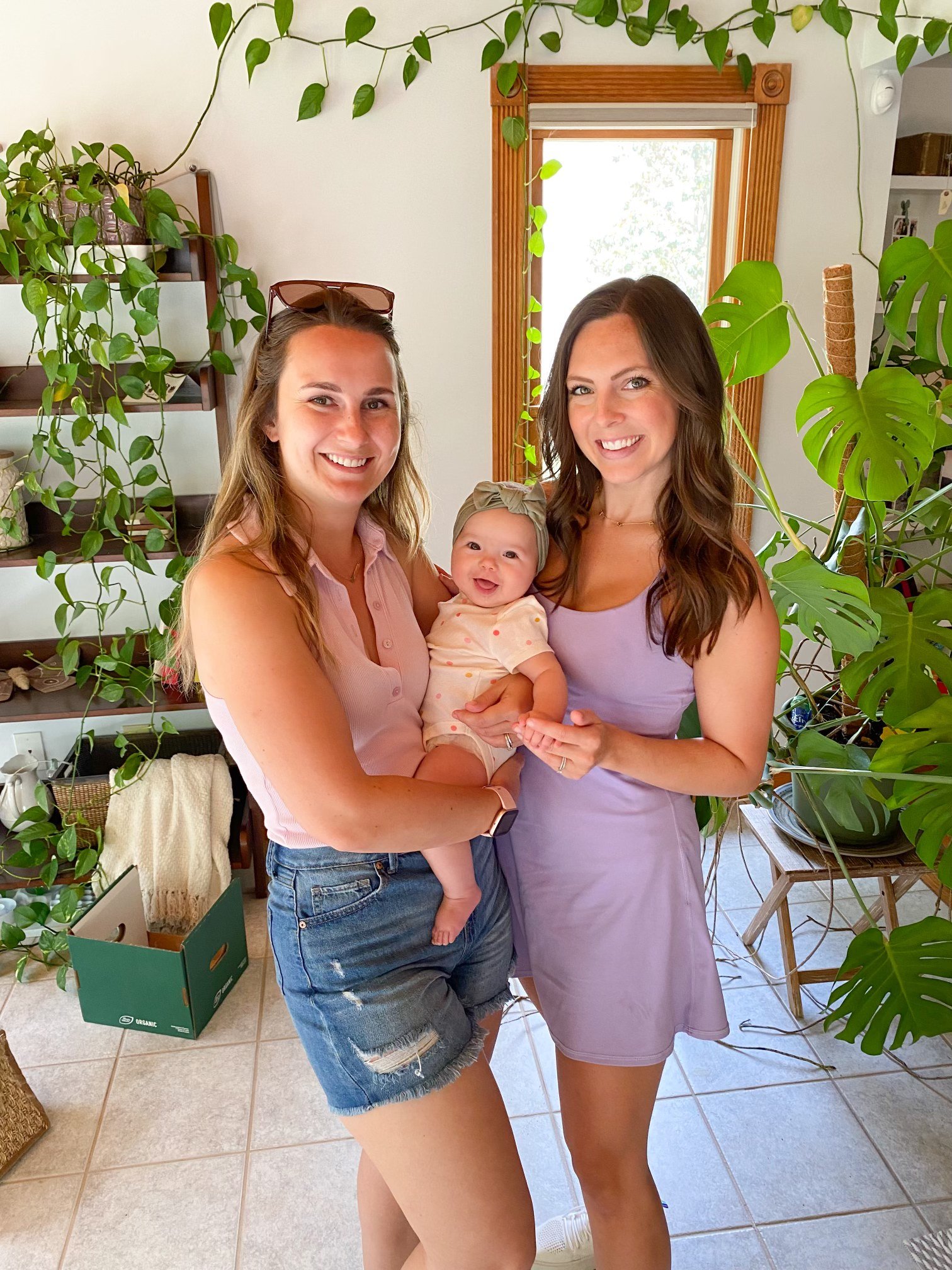
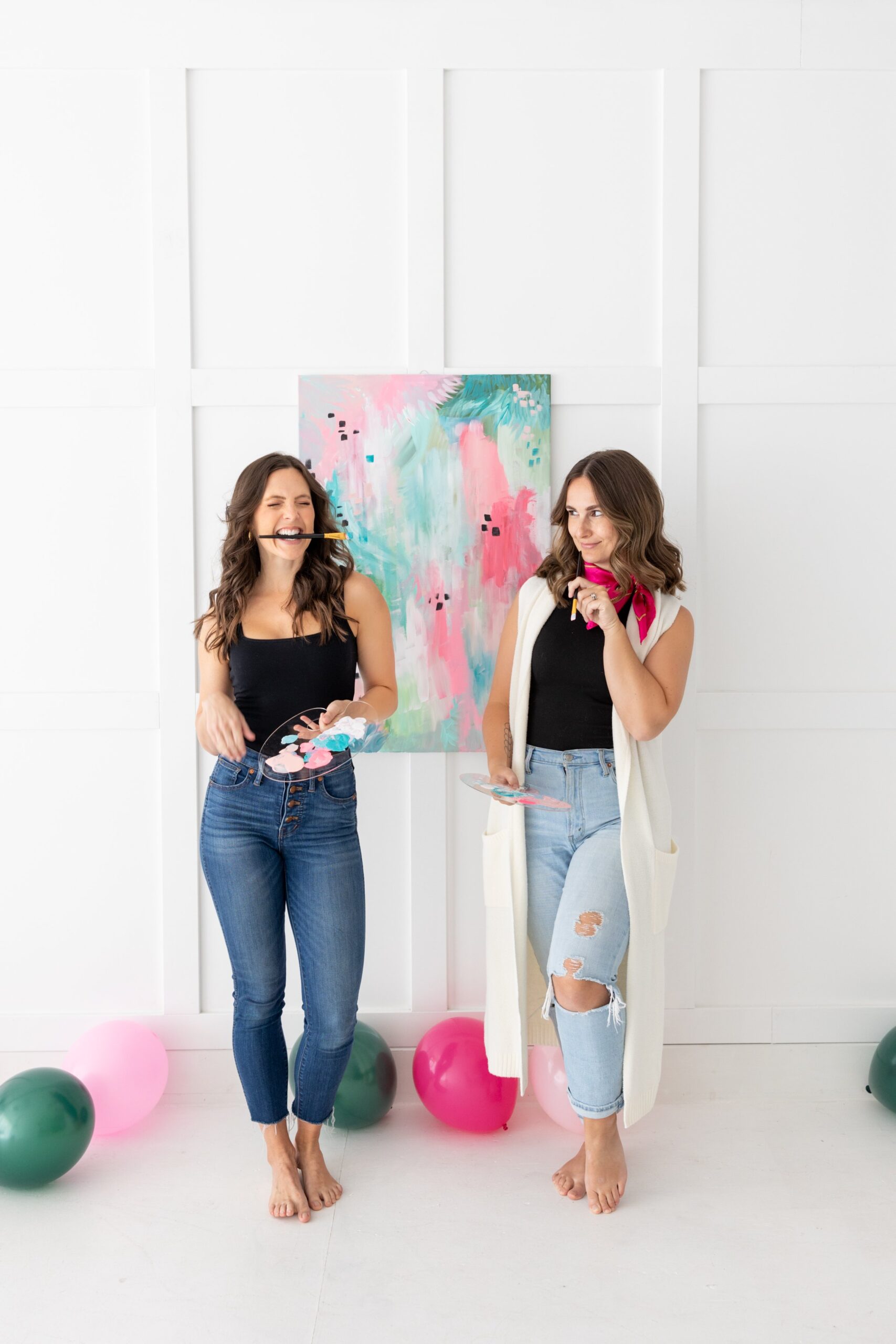
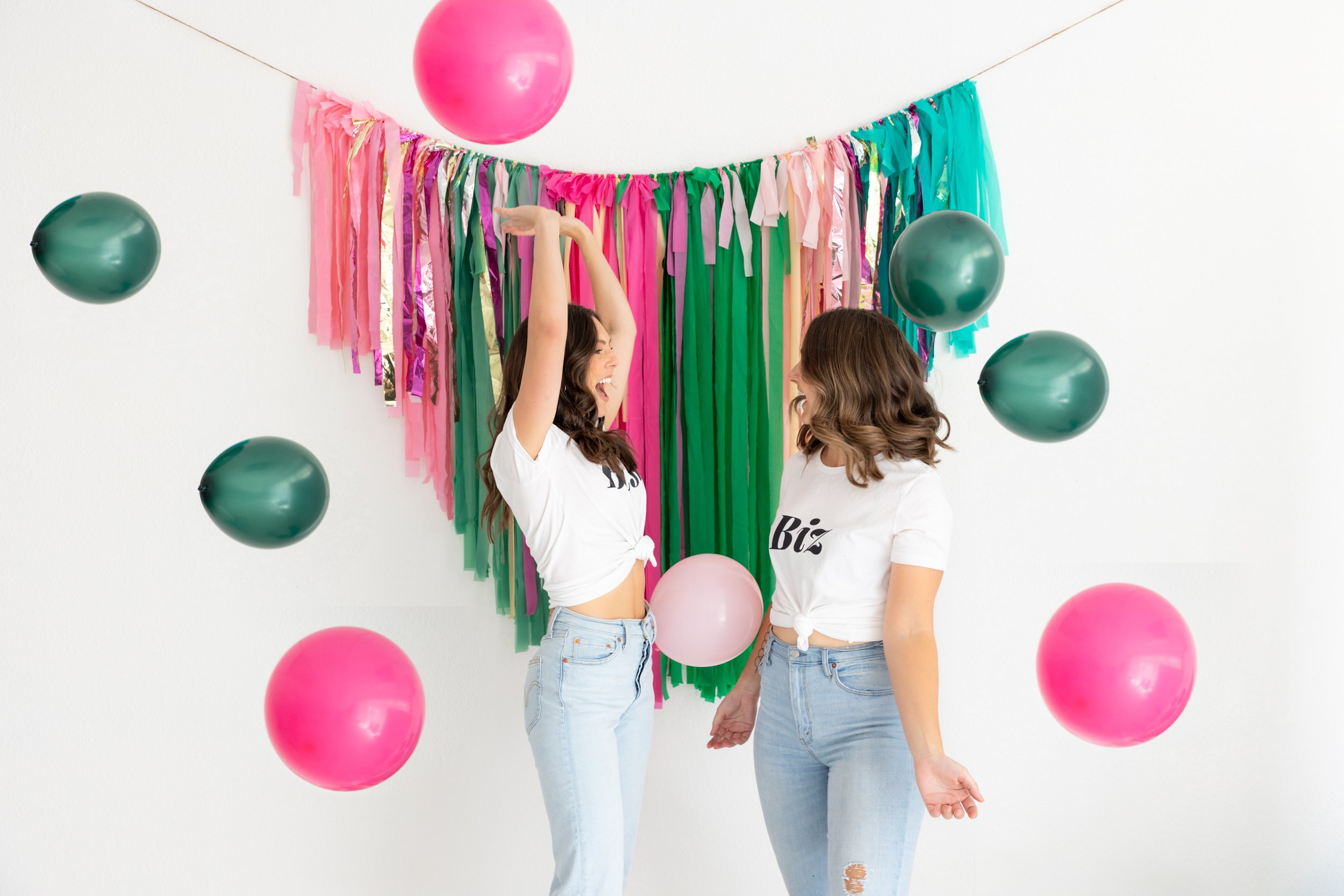
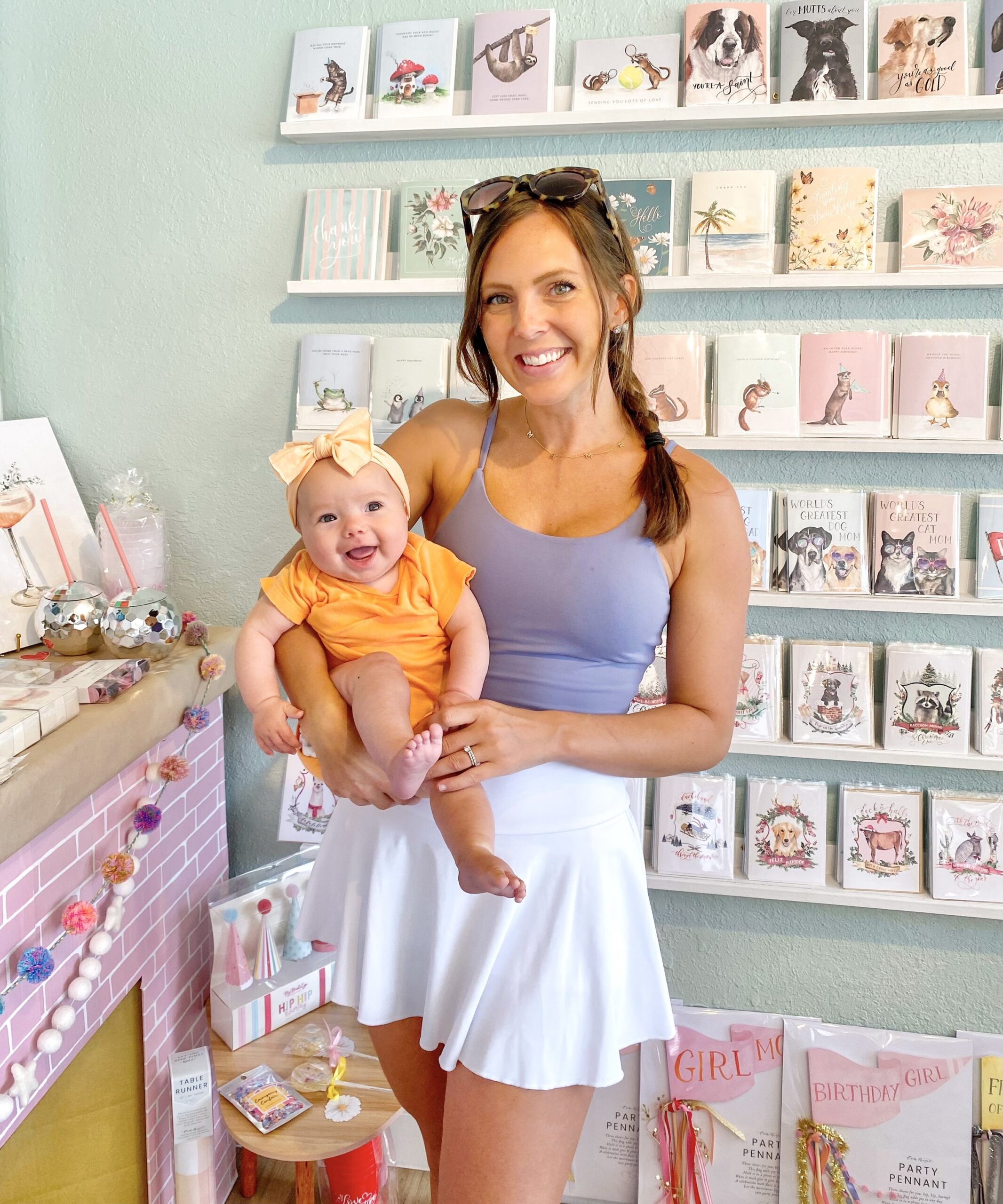
+ show Comments
- Hide Comments
add a comment